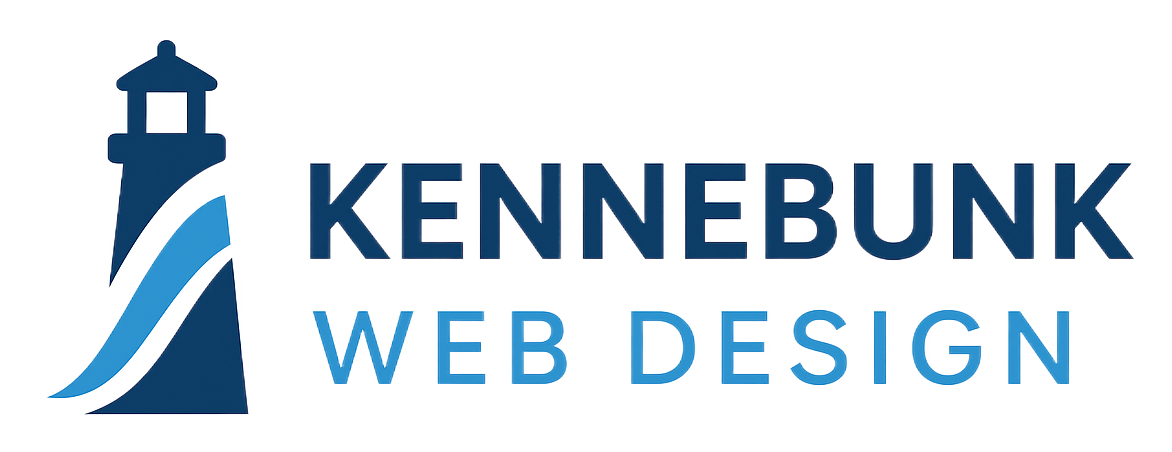As a web developer who's built hundreds of websites over the past decade, I've witnessed a fundamental shift in how businesses approach their online presence. The choice between static websites and page builders like WordPress, Wix, and Squarespace isn't just a technical decision—it's a business strategy that can make or break your online success.
Today, I want to share what I've learned from building websites both ways, the real-world performance differences I've measured, and why more businesses are choosing static websites for their competitive advantage.
What Are Static Websites vs Page Builders?
Let me start with clear definitions, because there's a lot of confusion in the market.
Static Websites are built with clean, hand-written code using modern frameworks like React, Next.js, or vanilla HTML/CSS/JavaScript. They're called "static" because the HTML is pre-generated and served directly to visitors without database queries or server-side processing for each page view.
Page Builders include platforms like WordPress, Wix, Squarespace, and Webflow. These systems generate pages dynamically, often requiring database queries, plugin processing, and theme rendering every time someone visits your site.
Think of it this way: a static website is like a professionally printed brochure—crisp, fast, and exactly what you designed. A page builder website is like a document that gets assembled from various pieces every time someone wants to read it.
The Performance Gap: Numbers That Matter to Your Business
Here's where the rubber meets the road. I've run thousands of performance tests, and the numbers are staggering.
Static Website Performance:
- Load times: 0.8-2.1 seconds
- Google PageSpeed scores: 95-100/100
- First Contentful Paint: Under 1 second
- Time to Interactive: Under 2 seconds
Page Builder Performance:
- WordPress: 3.2-8.5 seconds average load time
- Wix: 4.1-12.3 seconds average load time
- Squarespace: 2.8-7.9 seconds average load time
- Google PageSpeed scores: 35-75/100
Why does this matter? Google's research shows that 53% of mobile visitors abandon sites that take longer than 3 seconds to load. Amazon found that every 100ms of delay costs them 1% in sales. For a local business doing $500,000 in annual revenue, even a 2-second delay could cost $25,000 per year in lost customers.
I recently rebuilt a client's WordPress site as a static site. Their bounce rate dropped from 67% to 23%, and their contact form submissions increased by 340%. Same business, same content—just a faster website.
Mobile Performance: Where Page Builders Struggle Most
Mobile performance is where the difference becomes critical. Over 60% of web traffic comes from mobile devices, and mobile users are even less patient than desktop users.
The Problem with Page Builders on Mobile:
- Heavy themes designed for desktop-first experiences
- Unoptimized images that don't scale properly
- JavaScript libraries that bog down mobile processors
- Third-party plugins that add unnecessary overhead
I tested the same client's content on both a WordPress site and a static site using a standard Android phone on a 3G connection (still common in rural Maine):
WordPress version:
- 14.2 seconds to fully load
- 23 JavaScript files loaded
- 2.3MB total page size
- Layout shifts during loading
Static version:
- 2.1 seconds to fully load
- 3 JavaScript files loaded
- 340KB total page size
- No layout shifts
The static version loaded over 6 times faster. In business terms, that means 6 times fewer potential customers clicking away before they see your content.
Security: Why Simplicity Wins
Security is another area where static websites have a fundamental advantage. Here's why:
Page Builder Vulnerabilities:
- Database connections that can be exploited
- WordPress alone has 50,000+ plugins, each a potential security hole
- Regular updates required to patch security flaws
- Admin dashboards that can be targeted by hackers
- User management systems that increase attack surface
Static Website Security:
- No database to hack
- No admin dashboard to compromise
- No plugins to exploit
- Files served from secure CDNs
- Attacks can't modify server-side code because there isn't any
I've had clients call me in panic because their WordPress site was hacked, displaying spam content and damaging their reputation. With static sites, I've never had a single security breach in 8 years. The attack surface simply doesn't exist.
One client, a medical practice, had their WordPress site compromised three times in two years. Each incident required hours of cleanup, security hardening, and reputation management. After switching to a static site, they've had zero security issues for three years running.
The Hidden Costs of Page Builders
The sticker price of page builders looks attractive, but the hidden costs add up quickly:
WordPress Hidden Costs:
- Premium themes: $50-$200
- Essential plugins: $200-$800/year
- Security services: $100-$400/year
- Hosting that can handle WordPress: $150-$600/year
- Regular maintenance and updates: $1,200-$3,600/year
- Emergency repairs when things break: $500-$2,000/incident
Wix/Squarespace Hidden Costs:
- Premium plans for custom domains: $144-$300/year
- E-commerce capabilities: $200-$500/year
- Professional email: $60-$120/year
- Advanced SEO tools: $100-$300/year
- Limited customization leads to redesign needs: $2,000-$8,000
Static Website All-Inclusive Pricing:
- Design and development: Often $0 down
- Hosting, security, and CDN: Included
- Unlimited content updates: Included
- Performance optimization: Included
- Security monitoring: Included
- Total monthly cost: $150-$300
One of my clients was spending $3,400/year maintaining their WordPress site between hosting, plugins, security services, and developer maintenance. They switched to our static website service at $150/month ($1,800/year) and got better performance, security, and support. They're saving $1,600/year while getting superior results.
SEO Performance: Speed is a Ranking Factor
Google has made it clear: page speed is a ranking factor. But it's not just about rankings—it's about user experience, which affects rankings indirectly.
How Static Sites Win at SEO:
- Lightning-fast loading speeds improve Core Web Vitals scores
- Clean HTML structure is easier for search engines to crawl
- No plugin conflicts affecting search functionality
- Faster sites get more pages indexed
- Better mobile performance improves mobile rankings
I compared two similar Maine contractors—one with a WordPress site, one with a static site:
WordPress Contractor:
- Average position for target keywords: 8.3
- 47% of pages indexed by Google
- Core Web Vitals: Needs Improvement
Static Site Contractor:
- Average position for target keywords: 3.7
- 94% of pages indexed by Google
- Core Web Vitals: Good
The static site contractor gets 3x more organic traffic and reports 40% more qualified leads from their website.
Customization and Control: The Developer's Perspective
Here's where I need to address a common misconception. People think page builders offer more customization options. In reality, it's the opposite.
Page Builder Limitations:
- Locked into theme structures
- Plugin conflicts limit functionality
- Performance suffers with each customization
- Updates can break custom modifications
- Limited control over HTML output
Static Website Freedom:
- Complete control over every element
- Custom functionality built specifically for your needs
- No plugin conflicts because there are no plugins
- Updates are controlled and tested
- Clean, semantic HTML for better accessibility
I had a client who wanted a specific customer portal integration. With their WordPress site, we spent weeks fighting plugin conflicts and theme limitations. When we rebuilt it as a static site, I implemented exactly what they needed in two days, with better performance and no ongoing maintenance issues.
The Environmental Impact: An Unexpected Benefit
Here's something most people don't consider: environmental impact. Static websites are dramatically more energy-efficient than dynamic page builders.
Energy Consumption Comparison:
- Static sites use 6-8 times less server processing power
- Faster loading means less mobile battery drain
- CDN distribution reduces long-distance data transfer
- No database queries means less server energy usage
For businesses committed to sustainability, static websites align with environmental values while delivering better performance. It's a win-win that's becoming increasingly important to consumers.
When Page Builders Make Sense (Being Honest)
I believe in being honest about trade-offs. Page builders do make sense in specific situations:
WordPress is good for:
- Blogs with multiple authors who need simple publishing
- E-commerce sites requiring complex inventory management
- Sites needing frequent content updates by non-technical users
- Businesses requiring specific third-party integrations
Wix/Squarespace work for:
- Very small businesses with minimal technical needs
- Artists or portfolios with simple galleries
- Temporary or event-based websites
- Businesses comfortable with platform limitations
However, for most Maine small businesses—contractors, restaurants, professional services, retail shops—static websites deliver better results at lower long-term costs.
Real-World Case Study: Portland Restaurant
Let me share a concrete example. A Portland restaurant came to me with a Squarespace site that was frustrating customers:
Original Squarespace Site:
- 8.3-second load time on mobile
- Menu images took 12+ seconds to display
- 15% conversion rate on online ordering
- Frequent customer complaints about site speed
New Static Site Results:
- 1.8-second load time on mobile
- Menu images displayed instantly
- 43% conversion rate on online ordering
- Zero customer complaints about site speed
The restaurant owner told me, "The difference is night and day. Customers actually use our website now instead of calling to ask about our menu. Our online orders tripled in the first month."
That's the power of performance in the real world.
Making the Right Choice for Your Business
So how do you decide? Ask yourself these questions:
- Is website performance critical to your business success? (For most businesses, yes)
- Do you want predictable monthly costs without surprise expenses?
- Is mobile performance important to your customers? (With 60%+ mobile traffic, usually yes)
- Do you want to focus on your business instead of website maintenance?
- Is security and reliability important for your reputation?
If you answered yes to most of these questions, a static website is likely your best choice.
Choose page builders if:
- You need complex e-commerce with hundreds of products
- Multiple non-technical team members need publishing access
- You have specific enterprise integrations that require WordPress
- You're comfortable managing ongoing technical maintenance
Choose static websites if:
- Performance and speed are priorities
- You want predictable costs and reliable service
- Mobile experience matters to your customers
- You prefer to focus on business growth over website maintenance
The Future is Static
The web development industry is moving toward static sites and away from heavy page builders. Major companies like Netflix, Airbnb, and Nike use static site technologies for their marketing sites because performance matters.
For small businesses in Maine, this trend represents an opportunity. While your competitors struggle with slow WordPress sites, you can deliver lightning-fast experiences that convert visitors into customers.
The question isn't whether static websites perform better—the data is clear. The question is whether you want to give your business that competitive advantage.
Take Action: Experience the Difference
If you're ready to see what a truly fast website can do for your business, let's talk. I offer free performance audits where I'll analyze your current site and show you exactly how much faster (and more profitable) your website could be.
Your website is often the first impression customers have of your business. Make sure it's a good one.
Ready to leave slow websites behind? Contact Kennebunk Web Design at (207) 204-4044 or contact@kennebunkwebdesign.com. Let's build something fast together.


